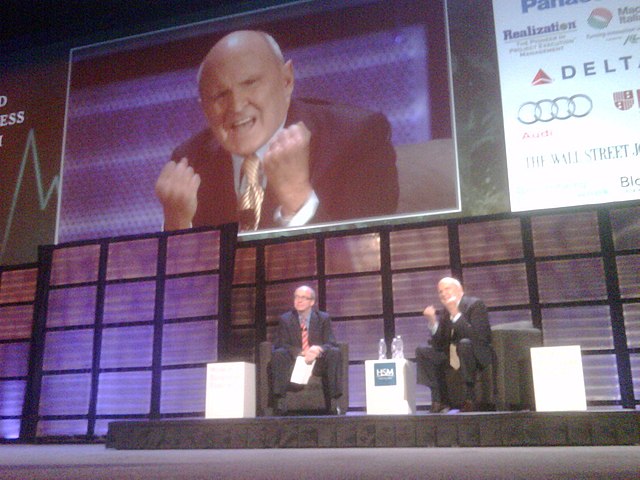“The performance of the prime manufacturer can never exceed the capabilities of the least proficient of the suppliers”

This is a good in-depth report about the problems at Boeing that led to a piece of a 737 MAX falling off at 16,000 feet:
Long before the harrowing Alaska Airlines blowout on Jan. 5, there were concerns within Boeing about the way the aerospace giant was building its planes. Boeing, like so many other American manufacturers, was outsourcing more and more of the components that went into its complex machines.
A Boeing aerospace engineer presented a controversial white paper in 2001 at an internal technical symposium. The engineer, John Hart-Smith, warned colleagues of the risks of the subcontracting strategy, especially if Boeing outsourced too much work and didn’t provide sufficient on-site quality and technical support to its suppliers.
“The performance of the prime manufacturer can never exceed the capabilities of the least proficient of the suppliers,” Hart-Smith wrote. “These costs do not vanish merely because the work itself is out-of-sight.”
he paper became a sensation within Boeing. It was passed among engineers. Posted on factory walls. Hart-Smith, after he later retired from Boeing, said of his warning of excessive outsourcing: “It’s common sense.”
Two decades later, Boeing is reckoning with the fallout from its outsourcing strategy.
The Alaska accident is the latest in a string of quality problems at Boeing, whose engineering prowess created the 747 that helped usher in the global jet age. The company’s reputation has suffered from a pair of fatal 737 MAX 8 crashes in 2018 and 2019 that grounded hundreds of jets for nearly two years. More recently, Boeing has been dogged by issues with various models—misdrilled holes, loose rudder bolts, and this month’s MAX 9 door-plug blowout—lapses the company failed to catch.
Many of the problems with Boeing jets since the deadly crashes can be traced back to a production system adopted by Boeing and its aerospace rivals before Hart-Smith’s paper. Dozens of factories build key pieces of 737 and 787 jets before they are assembled by Boeing. One of them is a sprawling fuselage plant in Wichita, Kan., that Boeing owned until 2005.
At the time, then-Boeing executive Alan Mulally said selling the factory to a private-equity firm would let Boeing focus on final assembly, where it could add the most value to its airplanes.
Wherever there’s a huge corporate disaster, there’s likely to be some private equity vampires that happily looted the company first.
An increasing focus on maximizing executive compensation, short-term share value, and especially executive compensation means relentlessly squeezing the companies you’re outsourcing to, inevitably leading to declines in quality. Declines in quality that are unacceptable when you’re building airplanes:
The result, some current and former employees say: a factory where workers rush to meet unrealistic quotas and where pointing out problems is discouraged if not punished. Increasingly, they say, planes have been leaving Wichita with so-called escapements, or undetected defects.
“It is known at Spirit that if you make too much noise and cause too much trouble, you will be moved,” said Joshua Dean, a former Spirit quality auditor who says he was fired after flagging misdrilled holes in fuselages. “It doesn’t mean you completely disregard stuff, but they don’t want you to find everything and write it up.”
His account is included in a shareholder lawsuit filed in December against Spirit that alleges the company failed to disclose costly defects.
One way to combat the Cult of Jack Welch is to increase federal oversight, but breaking that iron triangle won’t be easy.


